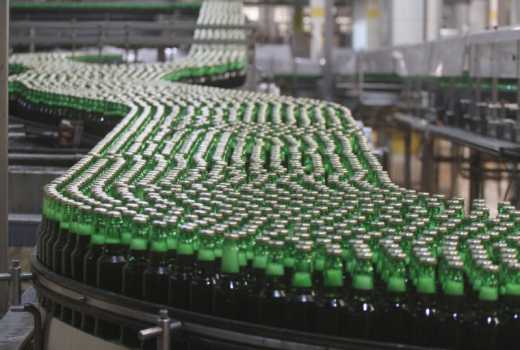×
The Standard e-Paper
Smart Minds Choose Us

James Waswa, an average alcohol consumer, has seen a lot of change in the drinking scene in the last decade.
Mr Waswa says the portfolio of drinks on his corner table at his local pub in Kakamega town has significantly changed.